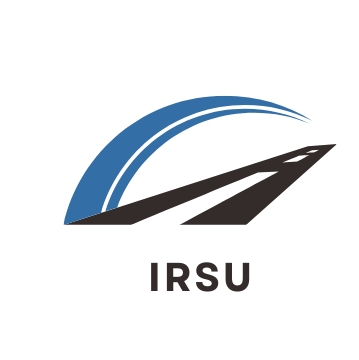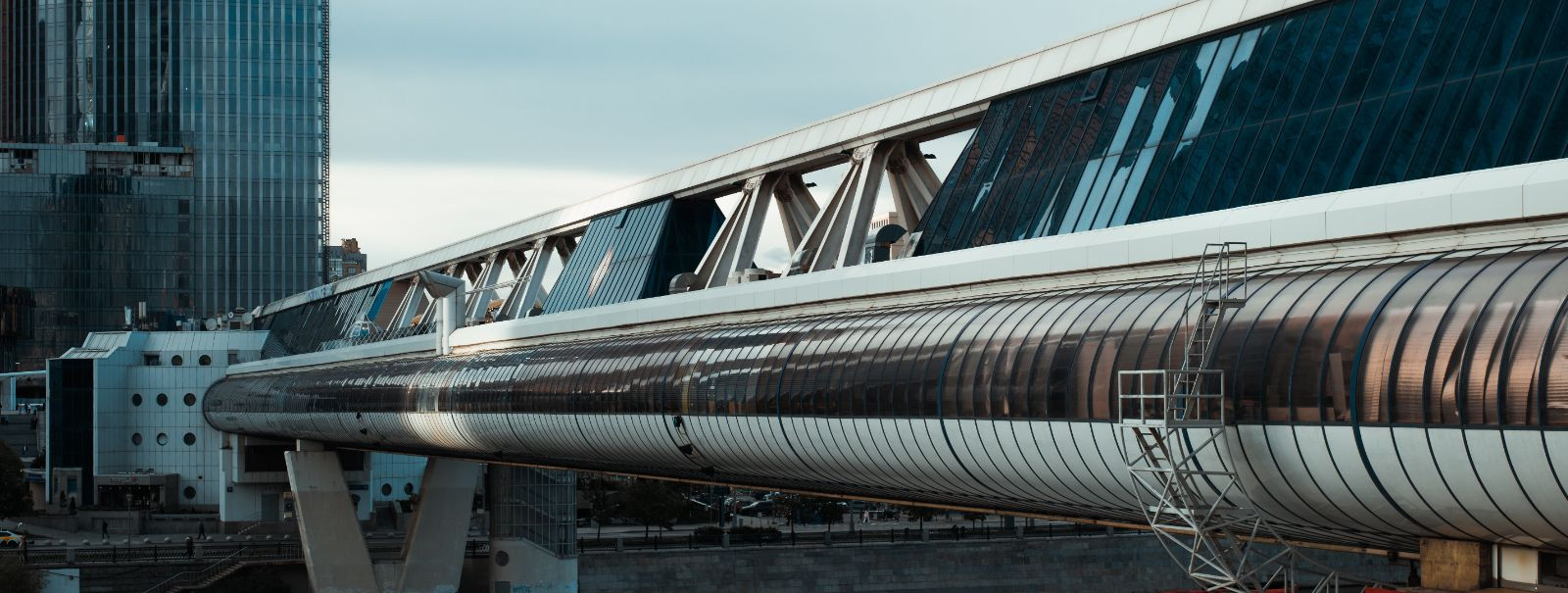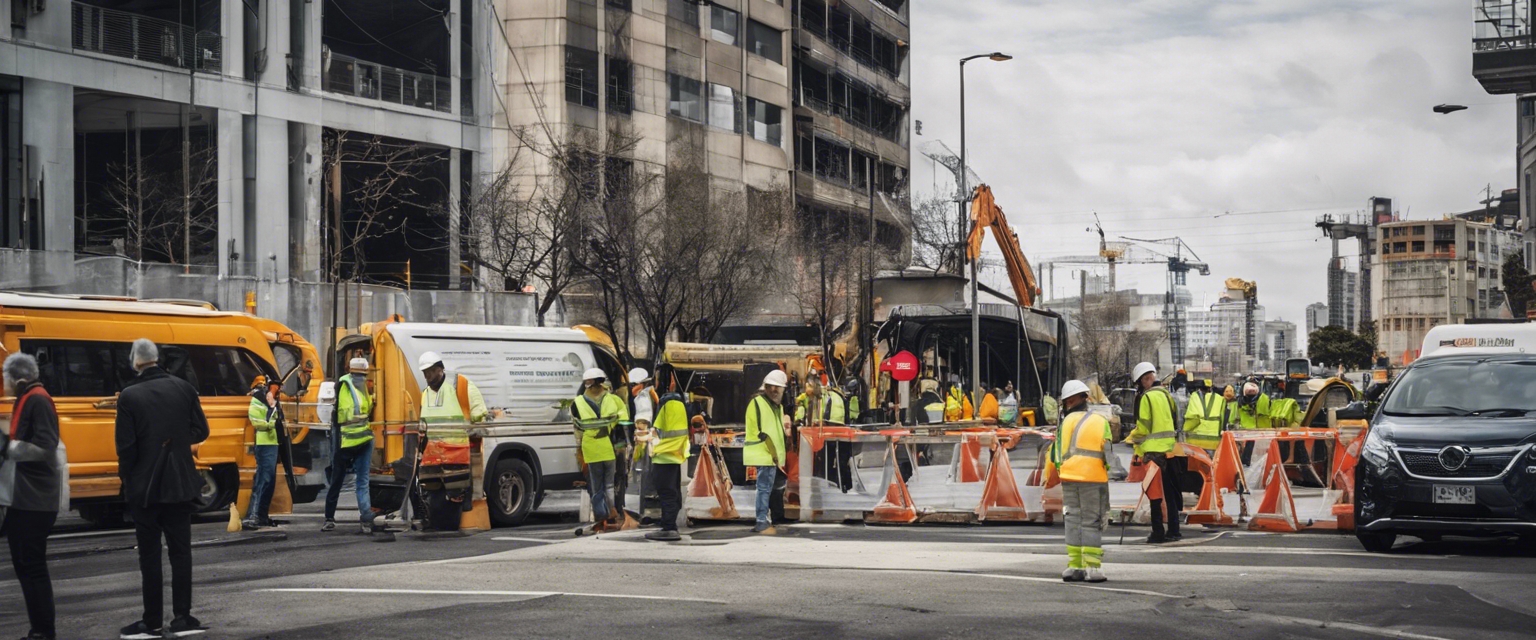The role of advanced technology in modern transport
Transportation has always been a cornerstone of societal development, facilitating trade, supporting economies, and connecting communities. In the modern era, advanced technologies are revolutionizing the way we move goods and people. From self-driving cars to smart traffic management systems, technology is making transport faster, safer, and more efficient.
As urban populations grow and environmental concerns mount, the demand for innovative transport solutions has never been greater. Congestion, pollution, and aging infrastructure are challenges that require a new approach to transport—one that leverages cutting-edge technology to deliver sustainable and efficient solutions.
Impact of Advanced Technologies on Transportation
Advanced technologies such as adaptive traffic signals and real-time traffic data analysis are helping to ease congestion on our roads. By optimizing traffic flow, these technologies reduce travel times and improve overall transport efficiency.
Technological advancements in vehicle safety systems and infrastructure monitoring are significantly reducing the risk of accidents and enhancing security. Innovations like collision avoidance systems and structural health monitoring sensors are setting new standards in transport safety.
With the integration of electric vehicles and the development of alternative fuels, modern transport technologies are playing a crucial role in reducing emissions and promoting environmental sustainability.
Key Technologies Transforming Modern Transport
ITS encompass a broad range of technologies designed to improve transport by managing traffic, reducing congestion, and increasing safety. These systems include everything from advanced traffic management to electronic toll collection and traveler information services.
The rise of electric vehicles (EVs) and the advent of autonomous driving technology are perhaps the most visible signs of transport innovation. These technologies promise to transform the automotive industry and the way we think about personal transport.
High-speed rail networks and concepts like the Hyperloop are redefining long-distance travel, offering faster, more efficient alternatives to traditional rail and air transport.
Blockchain technology is set to revolutionize transport logistics by providing a secure, transparent way to track goods across the supply chain. This could lead to significant improvements in efficiency and reductions in cost.
Challenges and Considerations
One of the biggest challenges facing the adoption of advanced transport technologies is the integration with existing infrastructure. Upgrading and retrofitting current systems can be costly and complex.
As with any technological advancement, there are regulatory and ethical considerations to take into account. Issues such as data privacy, cybersecurity, and the impact on employment must be addressed as these technologies become more prevalent.
For advanced transport technologies to succeed, they must be embraced by the public. This requires building trust in the safety and reliability of new systems, as well as ensuring they are accessible and affordable.
Future of Transportation Technology
Looking ahead, the concept of smart cities is closely tied to the future of transport. Integrated transport systems, powered by IoT and AI, will enable smoother urban mobility and more responsive city services.
Advancements in aerospace, such as reusable rockets and space tourism, are set to further expand the boundaries of modern transport.
Data analytics and artificial intelligence are the backbones of future transport technologies. From predictive maintenance to autonomous vehicle routing, these tools will drive the continuous improvement of transport systems.






Comments (0)